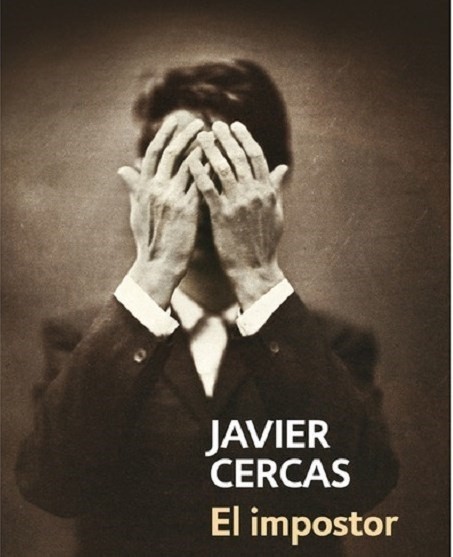“Oh, yes, I’m the great pretender.”
So goes the first line of the 1955 R&B hit by the American singing group, The Platters.
It might as well be the perfect line to utter (or to sing) by Spanish Enric Marco who lied to his countrymen and to the rest of the world by presenting himself as a World War II (1939-1945) prisoner who survived the horrors of the Nazi concentration camps.
The top honor in this year’s 21st Century Zou Taofen Foreign Novel of the Year Award went to Javier Cercas’s “El Impostor” (“The Impostor”), reported the Global Times.
Javier also received $10,000 as part of the prize.
The ceremony, held on March 25 in Beijing, saw five other winning books from Japan, Russia, France and Germany, two of which were non-fiction.
Marco, turning 95 on April 12, serves as the protagonist in Javier’s 425-page, three-volume novel published in 2014.
The author met Marco in 2009. Spanish historian Benito Bermejo exposed the truth about Marco in May 2005, according to El Pais.
Truth, as they say, is stranger than fiction.
Beijing-based People’s Literature Publishing House established the 21st Century Foreign Novel of the Year Award in 2002.
The literary award honors Zou Taofen (1895-1944), the Fujian-born journalist and publisher who openly opposed the Japanese army through his writings in the 1930s.
When he sat as editor-in-chief of Life Weekly in 1926, Zou injected into the magazine a “reforming spirit.” Soon its circulation soared and became the top-selling weekly magazine in the country, according to Shanghai Star.
A part of his three-story house in Chongqing Road in Shanghai, where he resided from 1930-1936, was converted into a museum.
The municipal government of Shanghai listed The Zou Taofen Memorial as a municipal-level historical site on May 26, 1959.
The museum houses, among other valued materials, original copies and reproductions of manuscripts and documents from some of the country’s prominent historical figures, including those by Mao Zedong (1893-1976), Soong Ch’ing-ling or Song Qingling (1893-1981) and Zhou Enlai (1898-1976).
Brain cancer claimed the life of Zou, who proved that many of the courageous people in the world wield pens, not swords.



























